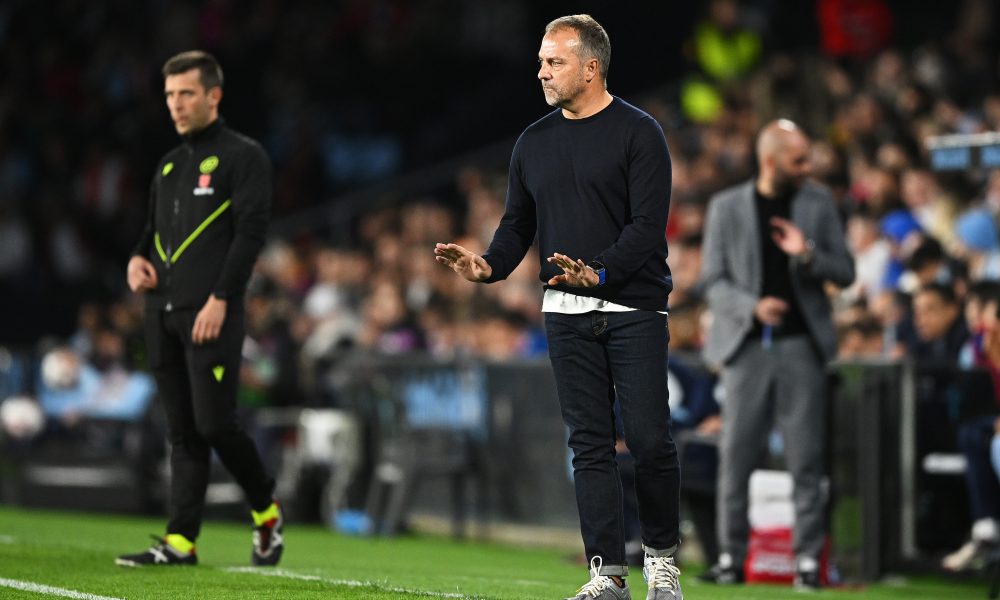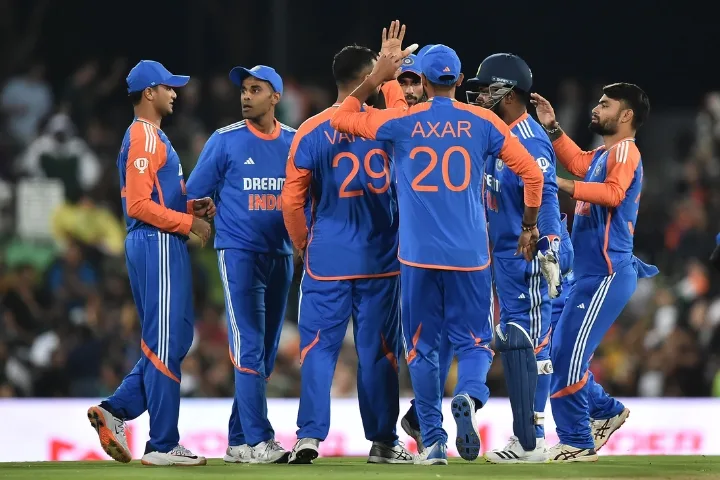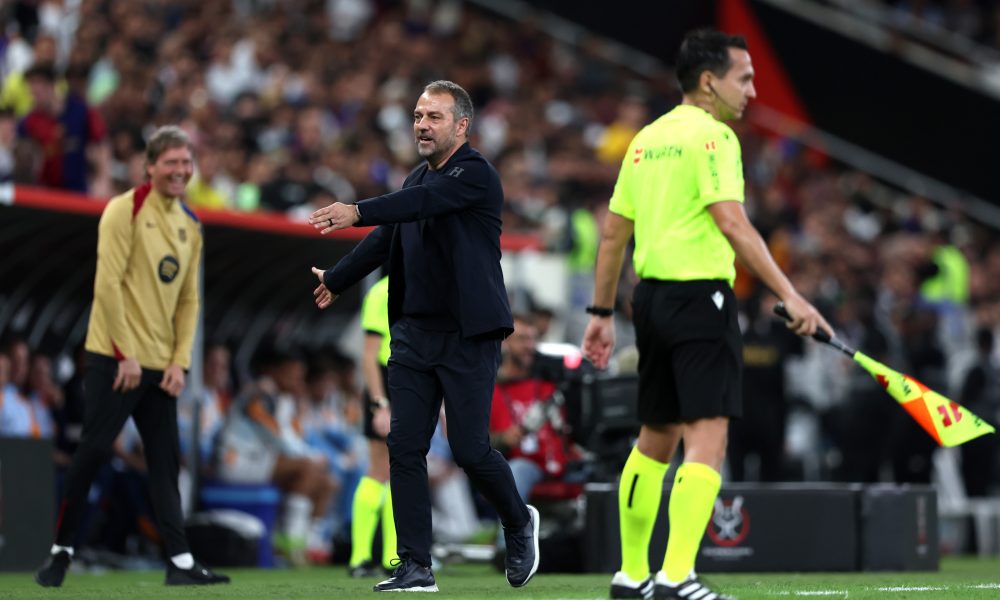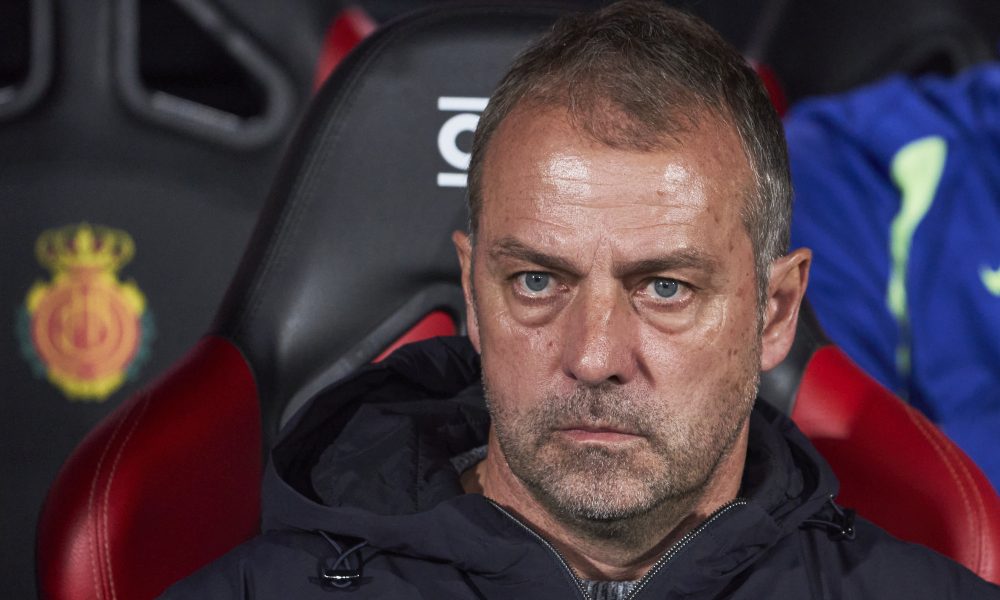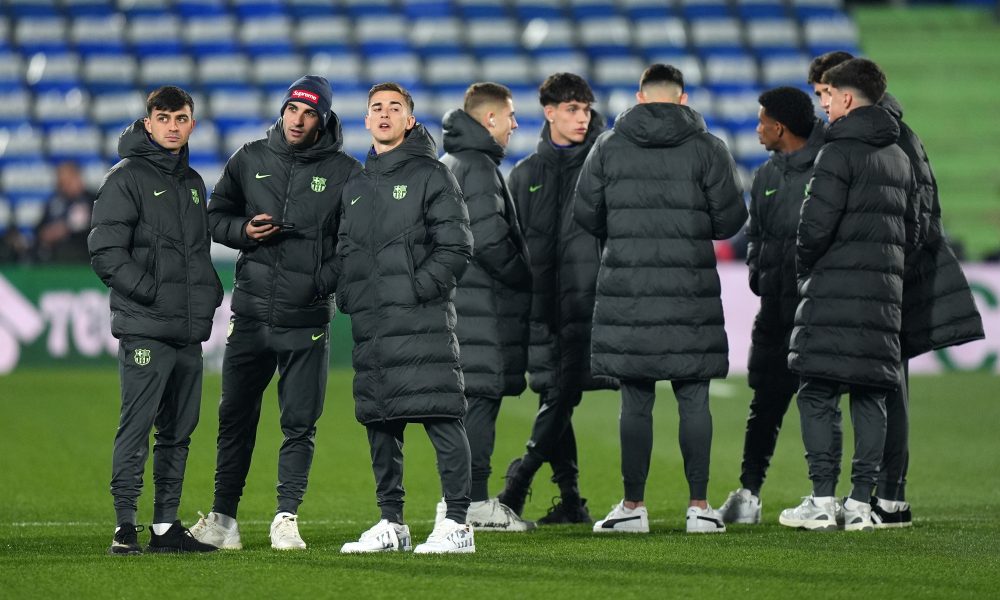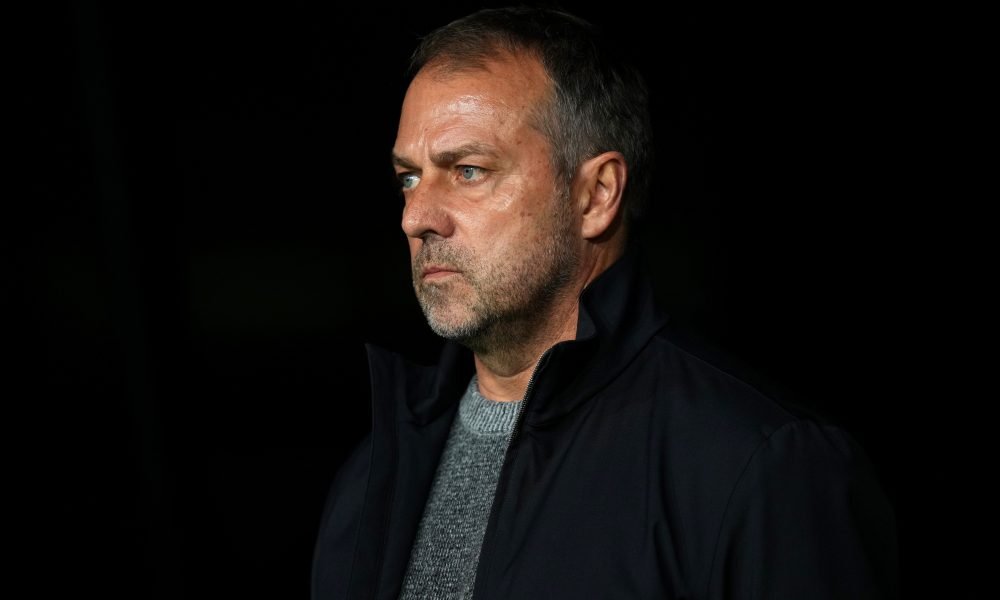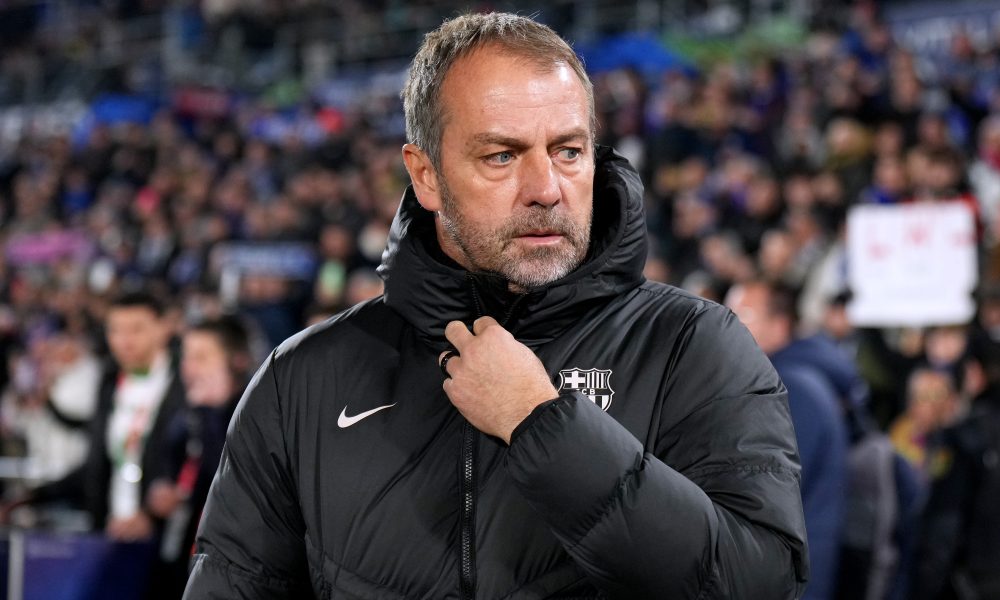Barcelona manager Hansi Flick will face one of the most challenging phases of his tenure at the club, according to a report from SPORT (via FCB World).
With most of the injured players returning to the team, Flick now has an almost full squad to manage.
This leaves them with more than 20 veteran players, plus promising academy talent and three goalkeepers. While this is a positive development for the team, it adds a layer of complexity to their management responsibilities.
Rotation is necessary
Barcelona’s busy schedule, which includes La Liga, Copa del Rey, Super Cup and Champions League, will require meticulous planning from Flick.
Ensuring that all players receive sufficient playing time will be vital to maintaining harmony in the locker room. Discontent could arise if players feel undervalued or marginalized.
This will test Flick’s ability to balance team rotation and performance, especially given his track record of successfully managing big personalities at Bayern Munich.
Some players ask for more minutes
The current season has already presented several challenges. Flick has had to make difficult decisions, such as rotating key players such as Robert Lewandowski and Lamine Yamal, and leaving out talents such as Gavi and Dani Olmo in certain games.
These decisions have reportedly caused unrest among the team. Additionally, players like Eric García and Ansu Fati, who is struggling to find opportunities after injury, increase Flick’s workload.
Even Frenkie de Jong has found himself in the hot seat as younger talents like Casado rise to prominence.
How about the January departures?
To further complicate matters, players like Pablo Torre and Pau Víctor, who lack consistent playing time, could become candidates for the exit.
However, given the demanding fixture list, Flick may prefer to keep them as options. Your ability to foster team spirit, provide equal opportunities and make strategic decisions will be essential to navigate this challenging period.
Flick’s past experience managing elite teams with star-studded rosters will play a crucial role.
To manage Barcelona, you must maintain a close connection with the players, ensure cohesion and implement a fair rotation policy. By doing so, you will be able to avoid potential tensions in the locker room while keeping the team competitive on all fronts.

 Workout
Workout
 Meditation
Meditation




 Contact Us
Contact Us
